UN reverts to secrecy for vote on new secretary-general
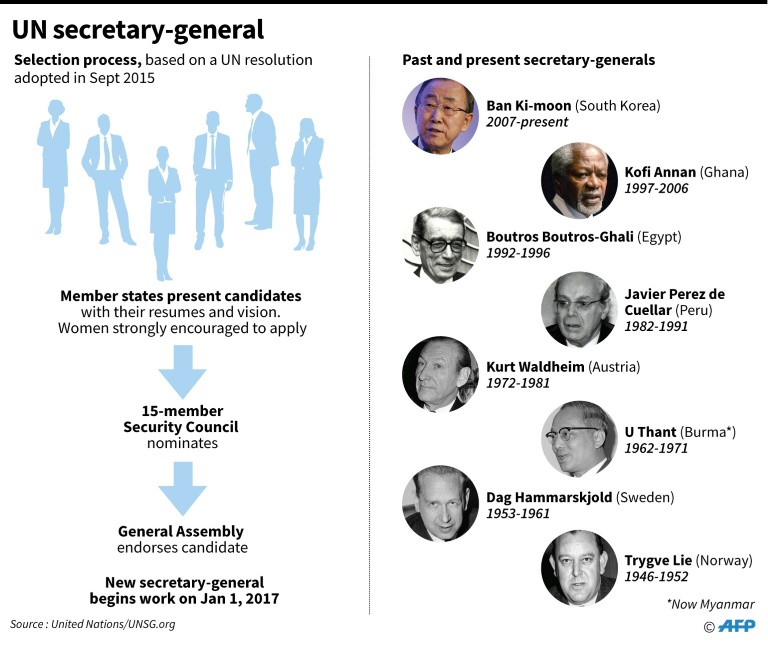 |
The 15 council members including the powerful permanent five - Britain, China, France, Russia and the United States - will each rate the 12 candidates running for the top job with a ballot marked "encourage," "discourage" or "no opinion."
The results of the first round of straw polls will not be announced, but they will be communicated to the governments that have put forward candidates to replace Ban Ki-moon in January.
Among the top contenders are Argentina's Foreign Minister Susana Malcorra, Slovenia's ex-president Danilo Turk, New Zealand's ex-prime minister Helen Clark and Antonio Guterres, who served as Portugal's prime minister and headed the UN refugee agency.
Six of the 12 candidates are women. The bulk of the contenders - eight - are from eastern Europe.
The secret vote follows a new, more open process that for the first time in the UN's history provided for hearings to allow candidates to present their pitch for the top job before the General Assembly.
UN member states have complained for years that the secretary-general is chosen not for his or her ability to lead the world body but to serve the permanent five members.
One of the most energetic campaigners in the race, Clark said the new transparency had allowed "a different type of candidate" to emerge, with less emphasis on diplomatic background.
"This process has thrown up more personal leadership experience and presentation experience," Clark told AFP ahead of the vote. "The issue is: will the more transparent process, which has produced a different profile of candidate, lead to a different result? That's an open question."
UN CHIEF FROM EASTERN EUROPE?
Security Council members are facing calls to pick the first woman after eight men in the job, and to give preference to a candidate from eastern Europe, the only region that has yet to be represented in the top post.
However, divisions among Eastern Europeans have meant that no clear frontrunner has emerged from that region.
More candidates from eastern Europe could come forward as a result of the vote. Australia's former prime minister Kevin Rudd is also expected to throw his hat in the ring.
Ukraine, which will be casting its straw poll as a non-permanent council member, is not committed to backing a candidate from eastern Europe.
"I would say that we are looking overall at the person," Ukraine's Ambassador Volodymyr Yelchenko told AFP. "We will not limit our encouragements to eastern European candidates."
Several rounds of straw polls are expected to be held before the council agrees on a consensus candidate, which is likely to happen in October.
At some stage, the council will introduce color-coded ballots for the permanent five members, allowing them to cast an effective veto to block any candidate.
From now on, the selection process becomes more opaque, with some comparing the vote to a Vatican conclave convened to elect the pope.
The transparency and openness is "the UN's version of populism," said Hugh Dugan, a former US diplomat now at Seton Hall University's school of diplomacy.
"I see the gloves coming off. The 15 will meet and it will turn into the five and then turn into the two - Russia and the US."
Once the council agrees on a nominee, the General Assembly will endorse the choice. The new UN chief will begin work on Jan 1.
What the stars mean:
★ Poor ★ ★ Promising ★★★ Good ★★★★ Very good ★★★★★ Exceptional
Latest News
More News
- Malaysia sets up clean energy exchange (April 16, 2024 | 16:59)
- Indonesia issues dengue fever warning to Bali tourists (April 16, 2024 | 16:53)
- Trade facilitation ahead with ASEAN-India deal upgrade (April 15, 2024 | 17:00)
- ASEAN strength to be built on with trade reforms (April 15, 2024 | 14:58)
- Malaysian airlines to charge carbon levy soon (April 15, 2024 | 09:21)
- Malaysia issues heatwave alert for 14 areas (April 15, 2024 | 09:12)
- China, Thailand forge alliance for moon exploration (April 15, 2024 | 08:00)
- Two Philippine navy pilots dead after helicopter crash (April 11, 2024 | 16:58)
- Singapore: E-commerce scams double in 2023 (April 11, 2024 | 16:55)
- Malaysia urges Meta, TikTok to curb harmful content (April 10, 2024 | 16:21)



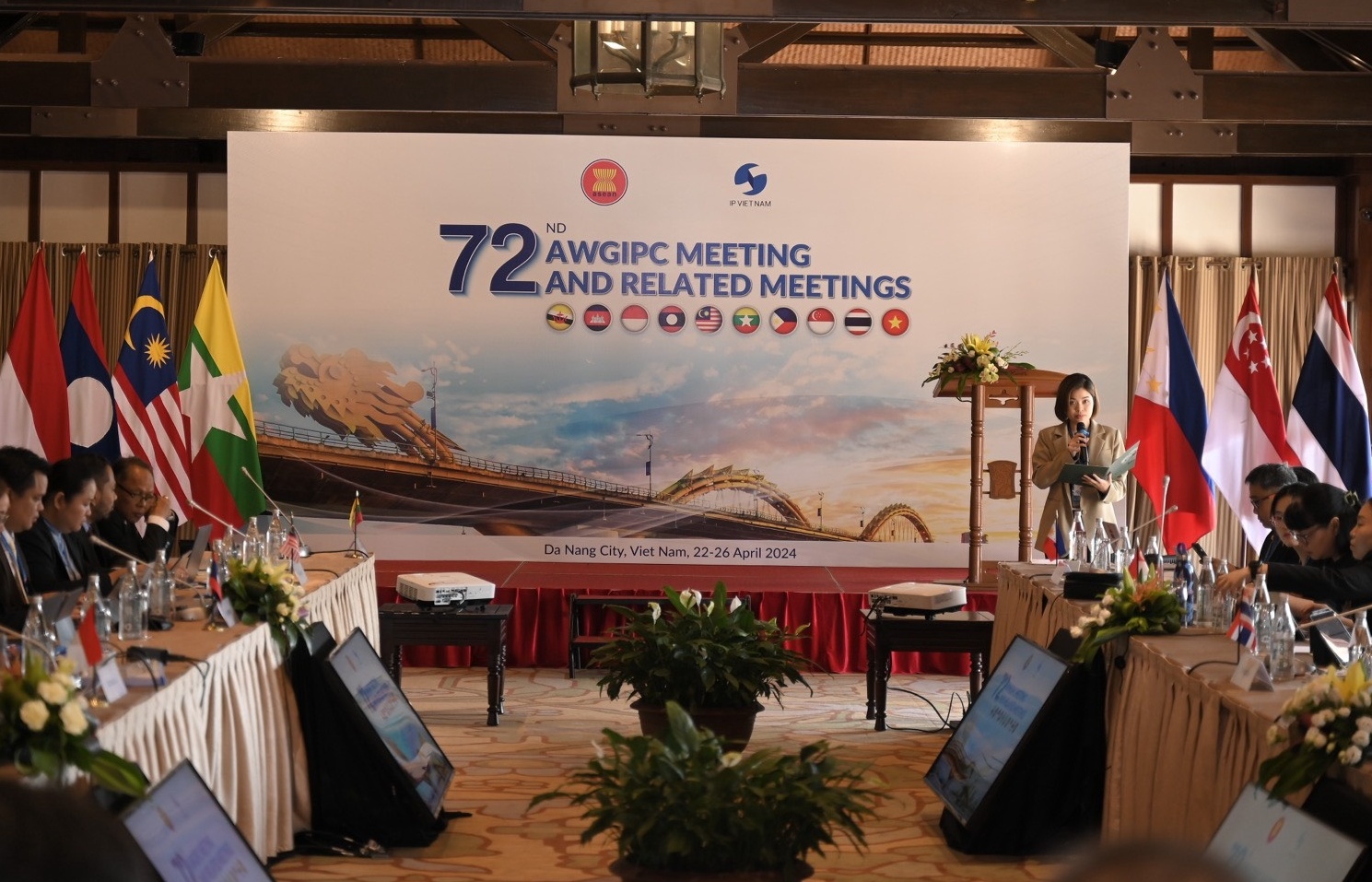
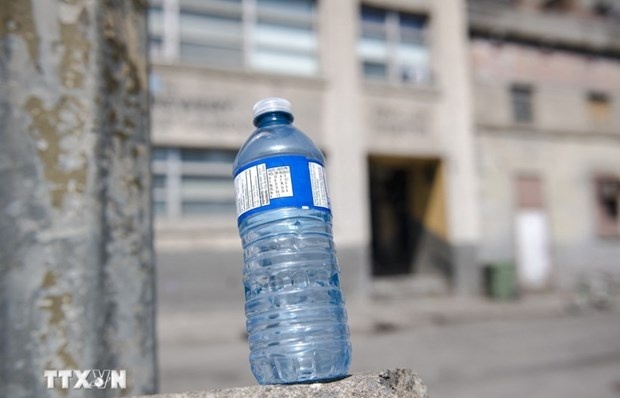
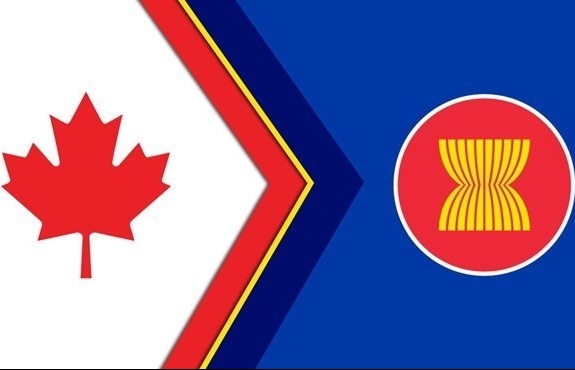
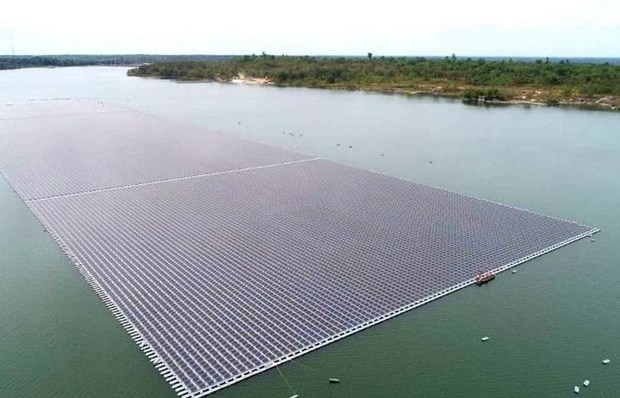
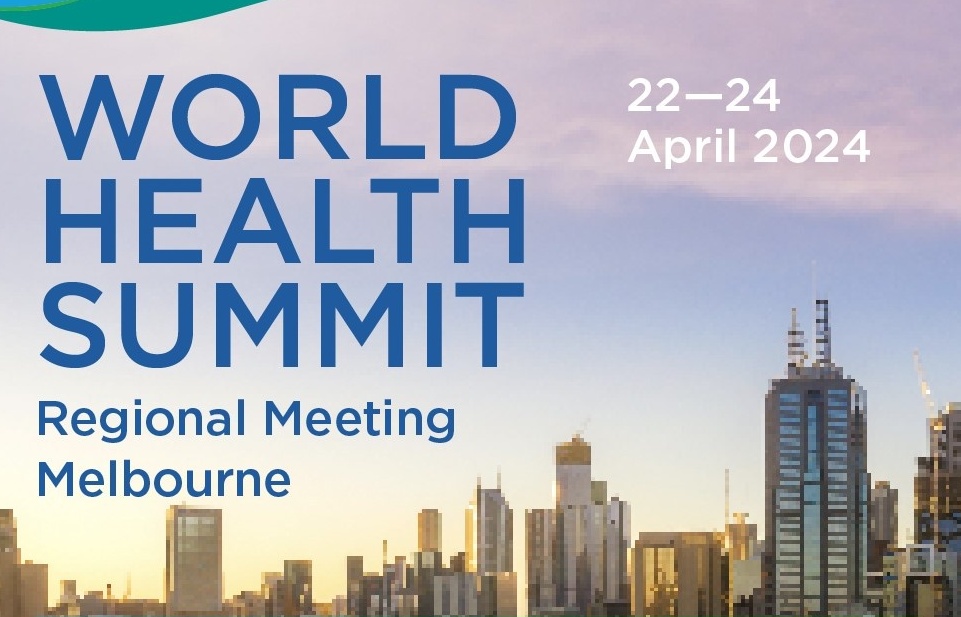
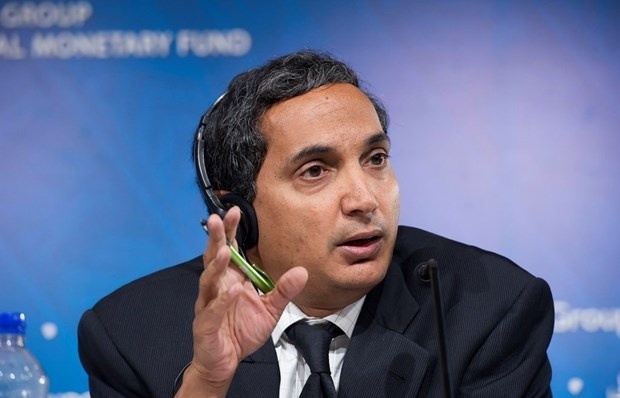


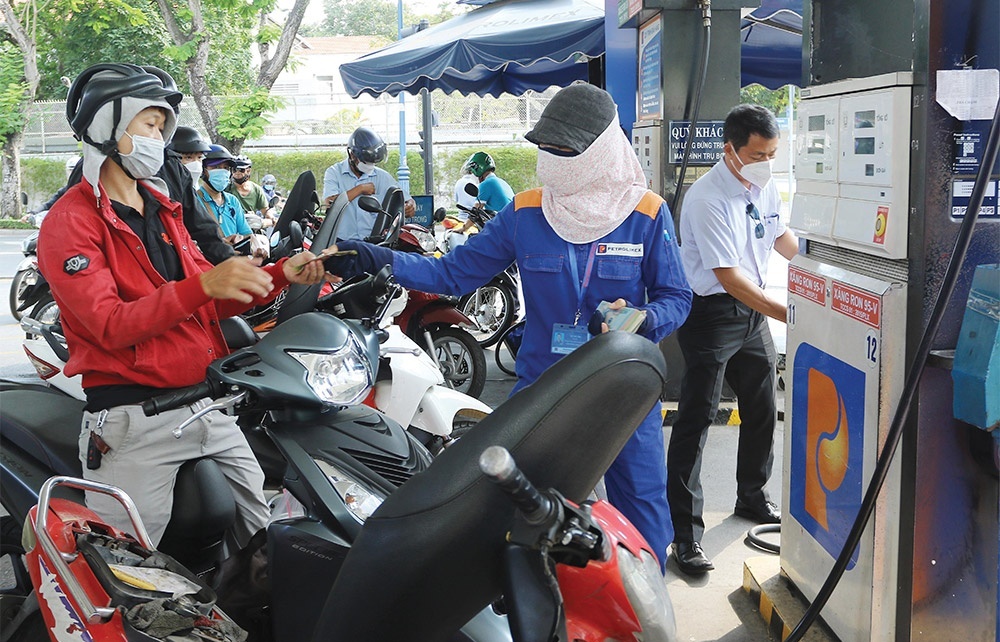
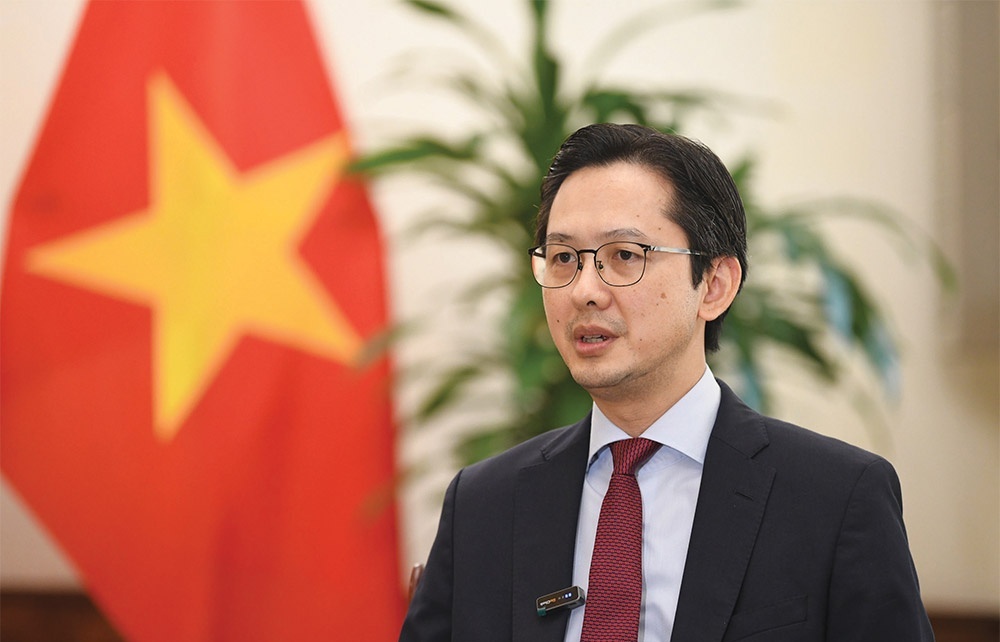

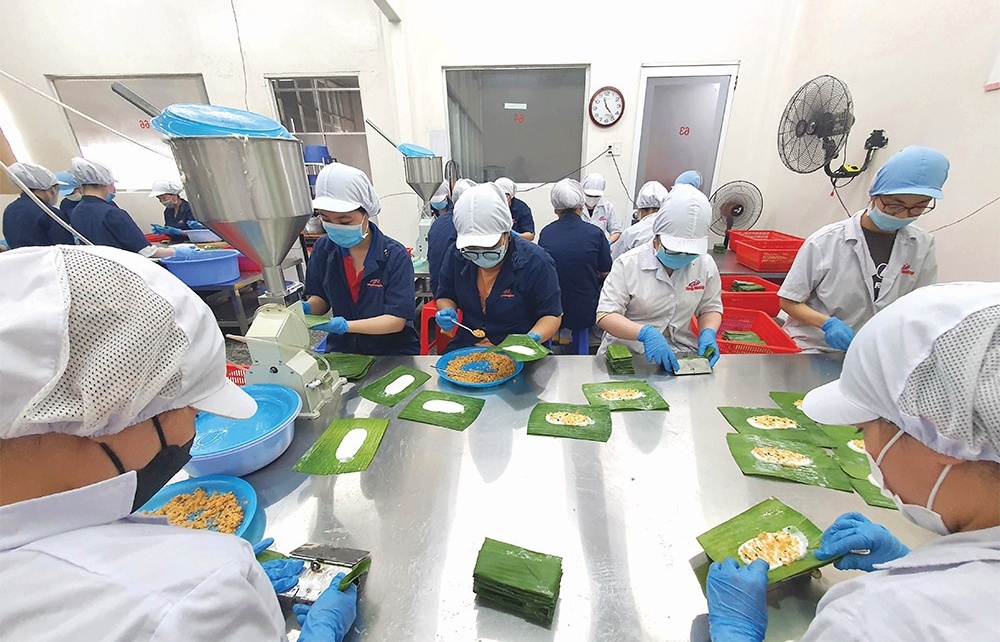



 Mobile Version
Mobile Version